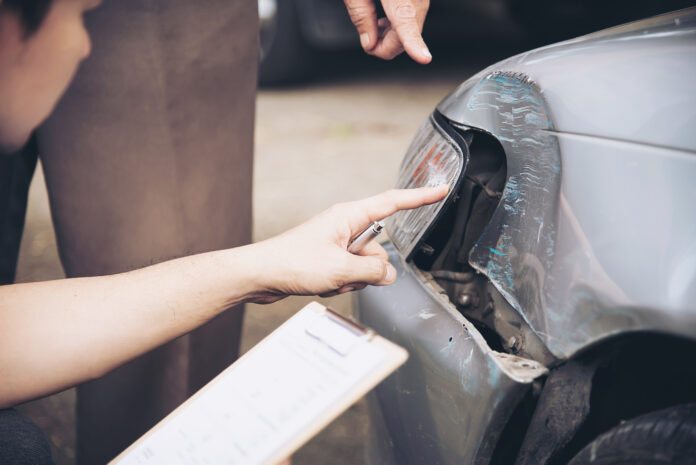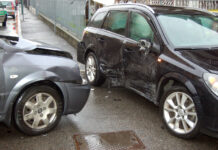
After a car accident, determining who is at fault is crucial for securing the compensation you are entitled to. Proving fault not only establishes liability but also plays a significant role in ensuring that the responsible party is held accountable for damages, medical expenses, and any other costs that arise from the accident. Without clear evidence of fault, it can become difficult to recover compensation for your losses.
In the aftermath of an accident, the burden of proving fault typically falls on the victim, which is why understanding the legal process is essential. Establishing fault can be a complex task, often requiring a detailed examination of the circumstances surrounding the accident and the parties involved. It’s important to approach this process with the right knowledge to protect your rights and ensure a fair outcome.
Understanding Fault in a Car Accident
In the context of car accidents, fault refers to determining which party is legally responsible for causing the crash. Fault is often established by analyzing the actions, behavior, and negligence of the individuals involved. The driver found at fault is typically held liable for the damages resulting from the accident.
There are different types of fault that can apply to a car accident. Primary fault occurs when one driver is fully responsible for the accident, such as running a red light or driving under the influence. Comparative fault involves situations where both parties share responsibility, and each party’s compensation is reduced according to their percentage of fault.
Contributory fault applies in some jurisdictions, where if the victim is found even partially at fault, they may be barred from recovering any compensation at all. You need to understand these distinctions to deal with the legal process after an accident.
Key Evidence to Prove Fault
When proving fault in a car accident, gathering the right evidence is essential to strengthen your case. One of the most important pieces of evidence is the police report. This document is created by the responding officers and includes critical information such as the accident’s location, the parties involved, witness statements, and sometimes the officer’s determination of fault. A police report is often considered an objective and reliable source in legal proceedings.
Witness statements are also invaluable. Eyewitnesses who saw the accident unfold can provide testimony that supports your version of events. Their accounts can clarify what happened before, during, and after the crash, providing additional context to strengthen your claim.
Dash cam footage and surveillance cameras can serve as powerful tools to establish fault. Video evidence offers a direct, unambiguous view of the accident, helping to clarify the actions of each driver. Dash cams in vehicles or nearby security cameras can provide a clear depiction of how the accident occurred, which can be crucial in resolving disputes over who is responsible.
Photos of the scene and vehicle damage are essential for documenting the accident’s aftermath. Images of the crash site, the damage to vehicles, and any visible injuries can help provide a visual record that supports your claim.
Finally, traffic laws and violation evidence can play a key role in determining fault. If a driver was speeding, ran a red light, or failed to yield, violating traffic laws can directly point to their responsibility for the accident, strengthening your case for compensation.
How Legal Representation Helps Prove Fault
Legal representation is crucial when proving fault in a car accident. An experienced lawyer can help gather the necessary evidence, such as police reports, witness statements, and photos, to build a strong case.
They also have access to experts, like accident reconstruction specialists, who can provide valuable insights to support your claim. Navigating the legal process can be complex, but a skilled attorney ensures that you follow the right procedures and deadlines to protect your rights.
Additionally, attorneys are essential when dealing with insurance companies. Insurance companies often aim to settle for the lowest possible amount, sometimes minimizing or denying claims.
According to this Florida Car Accident & Personal Injury Lawyer, a lawyer can negotiate with insurers on your behalf, ensuring that you receive fair compensation for medical expenses, property damage, and pain and suffering. “
Endnote
Proving fault in a car accident is a crucial part of securing the compensation you are entitled to. By gathering the right evidence, understanding the legal process, and seeking professional help, you can strengthen your case.
While the legal journey may seem challenging, having an experienced attorney by your side can make a significant difference. They will help you navigate through the complexities of the law, negotiate with insurance companies, and ensure you receive the full compensation for your injuries and losses.
Find a Home-Based Business to Start-Up >>> Hundreds of Business Listings.
















































